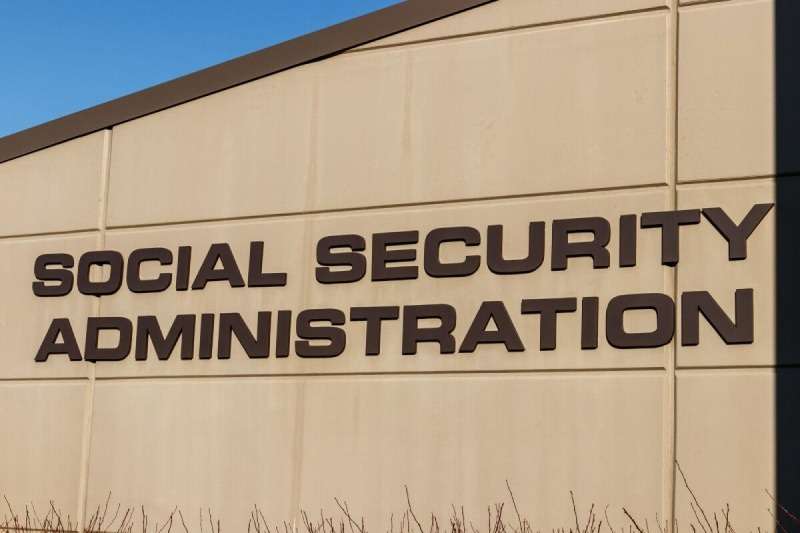This weekend’s events in Israel have been very difficult to take in. Seeing the violence and hearing the stories have been heartbreaking, to say the least. Our thoughts go out to the innocent Israelis and Palestinians suffering through the attacks in Gaza and other places in Israel.
There have been a lot of devastating losses this year. The ongoing war in Ukraine. Fires in Canada, Maui, and southern Europe. The earthquakes throughout the Middle East this year, including the recent one in Afghanistan. It’s natural when taking in so much hard news to want to tune out from it all.
Today, I’d say, let it spark you to draw your loved ones a little closer, take some time to process what you’re seeing, and find ways to actively help the victims of these situations or even Castle Rock people in need in whatever way you can.
Actively managing difficult things will help you feel empowered and capable.
In other news, I want to give you a quick reminder here before we jump into today’s article that there are only a handful of days until the extension deadline on Monday, October 16. If you’re on the last-minute filing train, we can still talk. I’m right here:
Now, for something else you don’t want to leave until the last minute…
When to Take Social Security: Tips for Castle Rock People Nearing Retirement
“The best way to predict your future is to create it.” – Abraham Lincoln
As you approach retirement age, deciding when to take Social Security benefits becomes a more pivotal question.
You could be like Maria, who started her Social Security benefits at 62, eager to use her health to her advantage and see the world. On the other hand, you could be like Jeremy, with a part-time consulting gig, and decide to wait until you turn 70 before hanging up your work hat.
For each of these people and for you, deciding when to take Social Security benefits depends on your circumstances and your goals.
So, why wait?
If you delay taking Social Security, your monthly benefit will increase. For each month you delay beyond your full retirement age (FRA), you will earn a delayed retirement credit (DRC) worth 2/3 of 1 percent. This means that your benefit will increase by 8 percent per year (6.67 percent for people born after 1960) for each year you delay. You can earn DRCs up to age 70, when your benefit reaches its maximum value.
Another benefit is preserving your other retirement savings. If you have a comfortable financial cushion, you can afford to wait to start receiving Social Security and tap into your other savings instead. This can help your money to last longer in retirement.
How much time
But what if you aren’t sure about how many good years you have left or have a family history of shorter life spans?
If you have a shorter life expectancy, you may want to consider starting Social Security early so that you can collect more benefits over your lifetime.
The Social Security Administration (SSA) uses a complex formula to calculate your monthly benefit. The formula takes into account your work history, earnings, and age. It also considers your life expectancy, which is based on your age, gender, and health status. You can get a quick online estimate using the SSA’s calculator.
What about spousal benefits?
When deciding when to take Social Security benefits, you also should consider how you want to work things out with the benefits in relation to your spouse. In certain cases, you can start collecting spousal benefits from age 62, based on your partner’s work and earning history, even if you haven’t retired.
Coordinating when to take Social Security can optimize your total benefits. If one of you is notably older, for instance, it might be strategic for the younger spouse to wait until the older one reaches full retirement age.
Will Social Security run out?
If you’re worrying that funds will run out of money as you decide when to take Social Security, consider the following:
- The SSA projects that the Social Security Trust Fund will be able to pay full benefits until 2034.
- After 2034: The trust fund is expected to be able to pay about 80% of scheduled benefits. This means that if you delay Social Security and start receiving benefits after 2034, your benefit may be reduced.
- Note that Congress has taken steps to address the Social Security shortfall in the past. It is likely that Congress will take action again to ensure that Social Security benefits continue to be paid in the future.
Remember the decision of when to take social security benefits isn’t solely a mathematical one. Beyond the numbers, think about what you want from life, your comfort level, and your peace of mind. Aligning your decision on when to take Social Security with your broader retirement vision is crucial.
There’s no perfect answer or universal solution. With the ups and downs of recent years fresh in our minds, it’s more important than ever to make informed decisions. Consider consulting a financial advisor to help you with that.
This can all seem daunting, but you’re not alone. You have a reliable Douglas County someone in your corner who can help you think about things from a tax-advantaged perspective and support you in your decision-making. If you want to start the discussion/process…
I’m here for you,
David Forney

